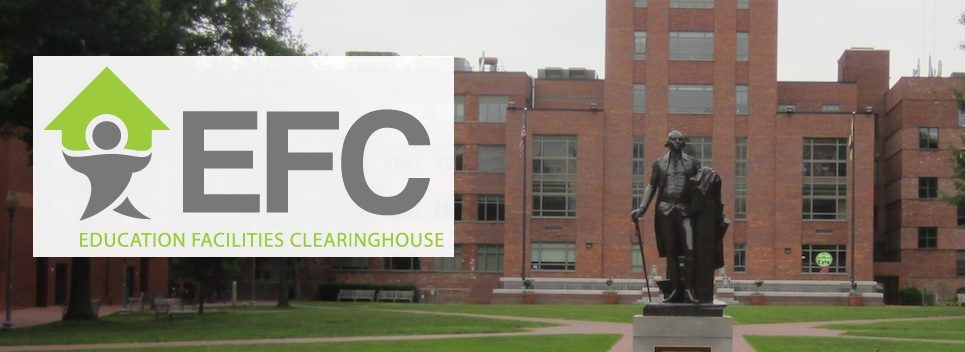Summers Tremewan, 2015
Sustainability in the design of K-12 public schools in the United States is gaining momentum due to the environmental, educational, health, and financial benefits afforded students, staff, the district, and the wider community. Detroit Public Schools is no exception to this trend. However, as is often the case with sustainability in the built environment, Detroit Public Schools’ focus has been heavily biased toward the building systems and building envelope, with little attention given to sustainability on the site. While not incorporated into these projects initially, the absence of site sustainability presents an opportunity for improved environmental stewardship at these otherwise exemplary schools. This study provides a broad overview of sustainable site design techniques available to urban K-12 school renovations, specific and quantifiable recommendations for their execution, and an example application of those recommendations at Detroit’s Martin Luther King, Jr. Senior High School. Further, the study provides an evaluation of the application from the landscape architect’s perspective. Site sustainability techniques focused on in the study include stormwater management, landscape and irrigation, food systems and urban agriculture, and on-site energy generation, all from the point of view and discipline of the landscape architect attempting to design a functional, aesthetically-pleasing, and environmentally-stewarded school campus. Areas where Detroit is already a leader in sustainability are noted, such as with its Food and Nutrition Program and the incorporation of urban agriculture in its food system and curriculum. Affording Detroit Public Schools the tools necessary to accomplish its next frontier of sustainability, this study seeks to help cement the district’s leadership in this capacity.

